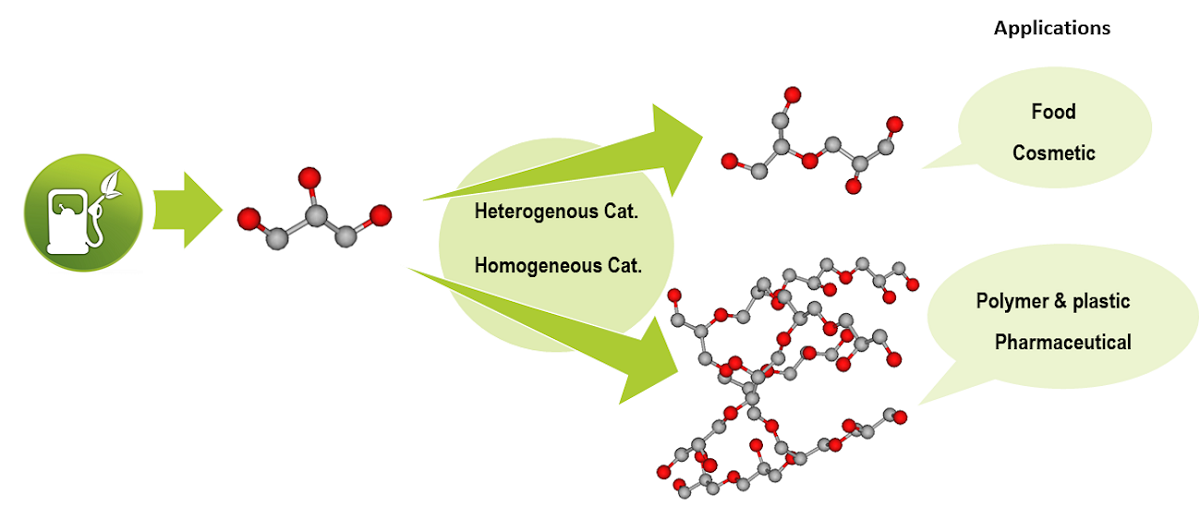Polyglycerols (PGs) are biocompatible and highly functional polyols with a wide range of applications, such as emulsifiers, stabilizers, antimicrobial agents, in many industries including cosmetics, food, plastic and biomedical. The demand increase for biobased PGs encourages researchers to develop new catalytic systems for glycerol polymerization. This review focuses on alkaline homogeneous and heterogeneous catalysts. The performances of the alkaline catalysts are compared in terms of conversion and selectivity, and their respective advantages and disadvantages are commented. While homogeneous catalysts exhibit a high catalytic activity, they cannot be recycled and reused, whereas solid catalysts can be partially recycled. The key issue for heterogenous catalytic systems, which is unsolved so far, is linked to their instability due to partial dissolution in the reaction medium. Further, this paper also reviews the proposed mechanisms of glycerol polymerization over alkaline-based catalysts and discuss the various operating conditions with an impact on the performances. More particularly, temperature and amount of catalyst proved to have a significant influence on glycerol conversion and on its polymerization extent.

